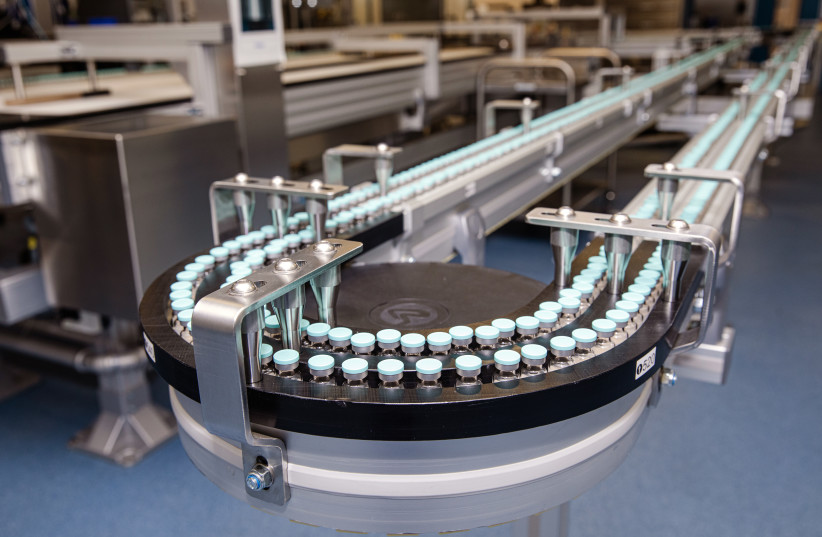The US Food and Drug Administration on Monday authorized updated COVID-19 vaccines that closely match the widely circulating Omicron variants, allowing the deployment of the shots to start this month.
The agency approved the shots, which target the XBB.1.5 subvariant, from manufacturers Pfizer PFE.N and its German partner BioNTech SE 22UAy.DE, and Moderna MRNA.O, for emergency use.
Moderna said the updated vaccines were expected to be available in the coming days.
A third shot, made by rival vaccine maker Novavax, is still under review by the FDA, according to the company. Novavax's shares were down 6.7% in afternoon trading.
The FDA authorization comes after a late summer rise in cases, at a time the new EG.5 subvariant of Omicron — nicknamed "Eris" — has begun to rapidly spread in the United States and in other parts of the world.

Who should receive the shot?
The US Centers for Disease Control and Prevention (CDC) advisers are due to meet on Sept. 12 to recommend who should receive the shot.
An endorsement by CDC director Mandy Cohen, expected shortly, should clear the way for the new shots. Cohen has said she expects the shots to roll out in September.
The COVID public health emergency ended in May and the government has handed over the responsibility of vaccinations to the private sector, following which the demand for the vaccine has dropped sharply.
COVID vaccines will still be free for most Americans with health insurance coverage.
The CDC and the country's government have also launched a "bridge program" to help those without cover to get the shots for free through local health providers and pharmacies.
